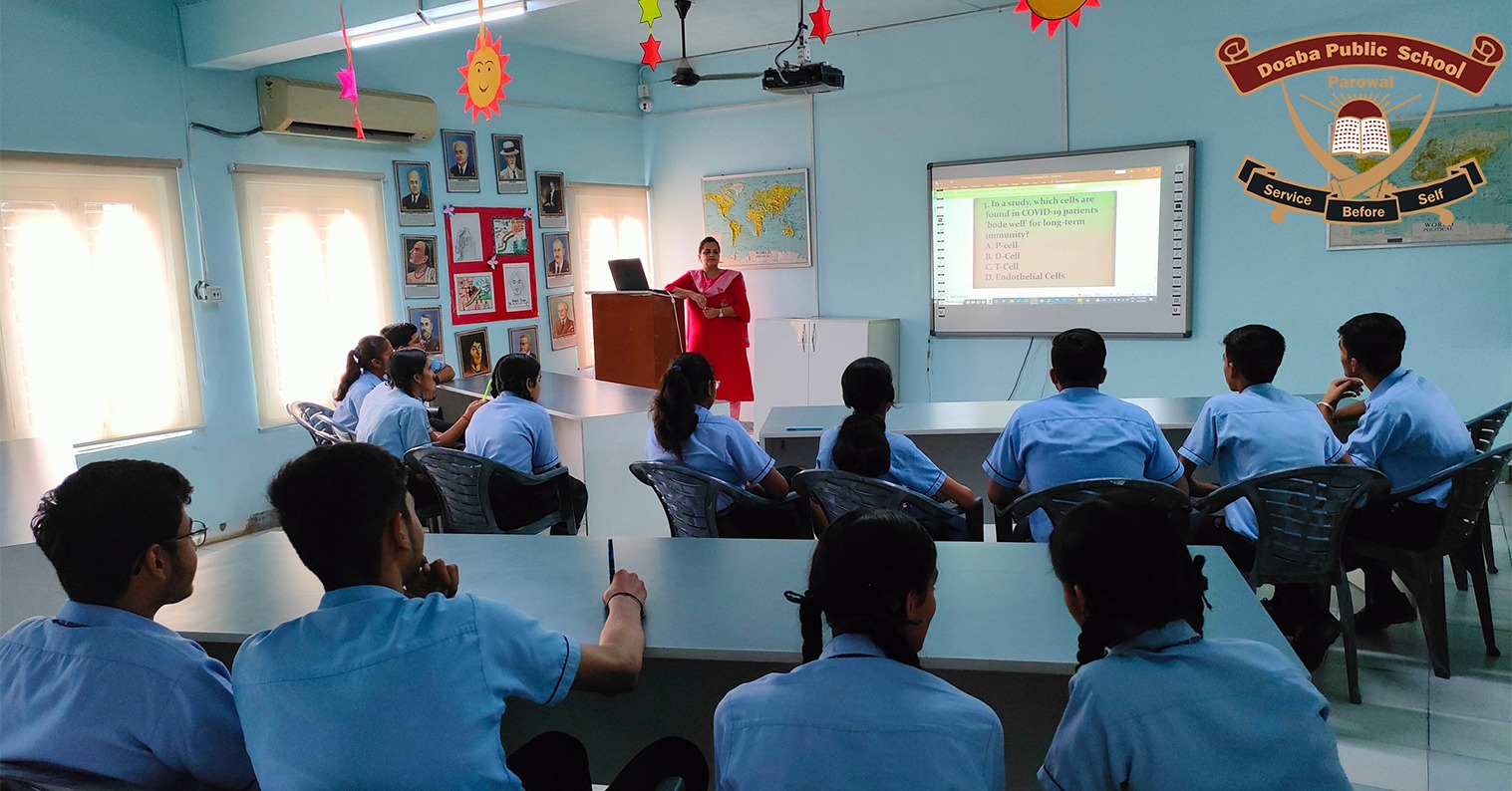
24 Feb Digital Literacy for Students: Skills Every Child Needs in the 21st Century
Reading Time: 14 minutesIt is crucial for students to develop strong digital literacy skills to thrive in the 21st century. As technology continues to play a pivotal role in our daily lives, being digitally literate is no longer just a nice-to-have, but a necessity for success. Let’s delve into the importance of digital literacy for students and discuss the key skills every child needs to navigate the digital world effectively with Doaba Public School Parowal, a renowned CBSE School in Garhshankar.
Why Digital Literacy Matters
Digital literacy encompasses a range of skills that are essential for students to effectively use and engage with technology. In an age where information is readily available at our fingertips, students need to be equipped with the knowledge and skills to critically evaluate digital content, communicate online, and utilize technology for learning and research purposes. Digital literacy goes beyond knowing how to use devices and software; it involves being able to think critically, solve problems, and collaborate in a digital environment.
Key Skills for Digital Literacy
1. Information Literacy
Being able to evaluate the credibility and reliability of online sources is a fundamental skill in today’s digital age. Students need to learn how to discern between trustworthy and misleading information to make informed decisions and avoid falling victim to misinformation.
2. Cybersecurity Awareness
With the increasing prevalence of cyber threats, it is essential for students to understand the basics of cybersecurity. This includes knowing how to protect personal information online, recognize phishing scams, and practice safe browsing habits to safeguard their digital identity.
3. Online Communication
Effective communication skills are crucial in the digital realm. Students need to learn how to communicate respectfully and professionally through email, social media, and other online platforms. Understanding proper netiquette and digital etiquette is key to building positive relationships online.
4. Digital Citizenship
Encouraging students to be responsible digital citizens is essential for promoting a safe and inclusive online community. This includes respecting others’ privacy, practicing good digital hygiene, and understanding the impact of their online actions on others.
5. Critical Thinking and Problem-Solving
Digital literacy empowers students to think critically and solve problems in a digital context. They need to be able to analyze information, draw conclusions, and adapt to new technologies to succeed in a rapidly changing digital landscape.
Cultivating Digital Literacy Skills in Students
Parents, educators, and policymakers all play a crucial role in fostering digital literacy among students. By integrating digital literacy into the curriculum, providing access to technology resources, and encouraging ongoing learning and skill development, we can empower students to thrive in the digital age. Emphasizing the importance of digital literacy in schools and at home can help students build a strong foundation of skills that will serve them well throughout their academic and professional journey.
Final Takeaway
Digital literacy is an essential component of a well-rounded education in the 21st century. By equipping students with the necessary skills to navigate the digital world responsibly and effectively, the Best CBSE School in Punjab empowers them to succeed in an increasingly digitized society. As technology continues to advance, fostering digital literacy skills in students will be key to preparing them for the challenges and opportunities of the future.

Sorry, the comment form is closed at this time.